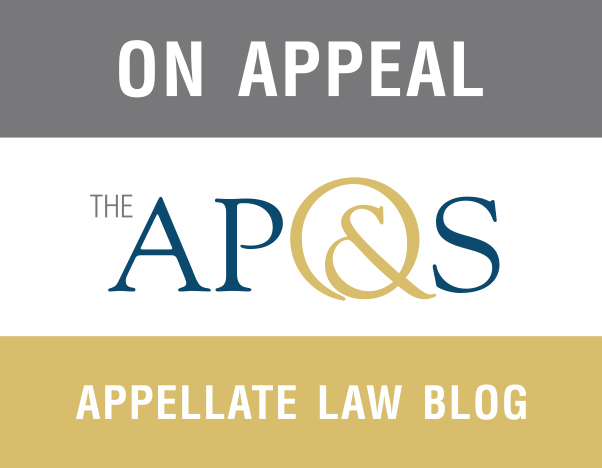On October 16, 2015, the Rhode Island Supreme Court issued an order making important amendments to Article I of the Supreme Court Rules of Appellate Procedure.
The most significant of the amendments relates to the rejection of briefs and other papers that fail to comply with the Rules of Appellate Procedure. Rule 18 of the Rules of Appellate Procedure, one of the most important rules for appellate practitioners, sets forth the required format for documents filed in the Supreme Court. Rule 18 requires, inter alia, that all submissions be made on 8 ½” x 11” paper, double spaced, using a 12 point or larger Times New Roman font. Importantly, footnotes must be single spaced and in 12 point or larger Times New Roman font.[1]
The new amendments include a specific protocol for the rejection and refiling of documents that fail to comply with Rule 18. Consistent with the Supreme Court Clerk’s practice in recent years, Rule 18(f) directs the Supreme Court Clerk to reject submissions that do not comport with Rule 18 and to notify the parties of the reason(s) for the rejection.
Previously, when briefs had been rejected either on the filing deadline or thereafter, in the absence of a protocol for refiling of briefs, counsel would move for an extension of time to refile a corrected brief. Now, Rule 18(f) gives practitioners a safe harbor, allowing the parties 10 days from service of notice of the rejection to file and serve corrected papers, which will be deemed timely filed.
While Rule 18(f) allows counsel to file and serve corrected papers to address the reasons identified by the Supreme Court Clerk for the rejection, such authorization does not give counsel carte blanche to make any other corrections or changes they see fit.
The Supreme Court’s October 16, 2015 order also added a new rule governing the dismissal of appeals and petitions. New Rule 18B, directs the Supreme Court Clerk to enter a conditional order of dismissal in each case in which there has been no action by the parties for a period of 90 days (so long as the parties are not awaiting action by the Court). A party seeking to reinstate a case that has been conditionally dismissed must submit a statement showing cause why the case should not be dismissed within 20 days of the conditional order of dismissal.
Finally, new Rule 18B also addresses cases that have been remanded to a trial court, stayed or held in abeyance. Rule 18B obligates the appellant or petitioner in such cases to notify the Court in writing every 60 days as to the status of the case.[2] If the appellant or petitioner fails to do so, the Supreme Court Clerk must conditionally dismiss the case for lack of prosecution.
It is unclear how new Rule 18B will be applied as a practical matter in those cases that are remanded for trial. Counsel representing appellants/petitioners in cases that are likely to remain pending on remand for extended periods of time might consider seeking leave from Rule 18B’s 60-day notification requirement.
[1] The default size for footnotes in Microsoft Word is 10 point. Practitioners may wish to change the default setting to ensure compliance with the Supreme Court’s rules.
[2] For those cases presently on remand, stayed or held in abeyance, the appellate or petitioner has 60 days from October 16, 2015 to submit the initial written notification to the Court.





